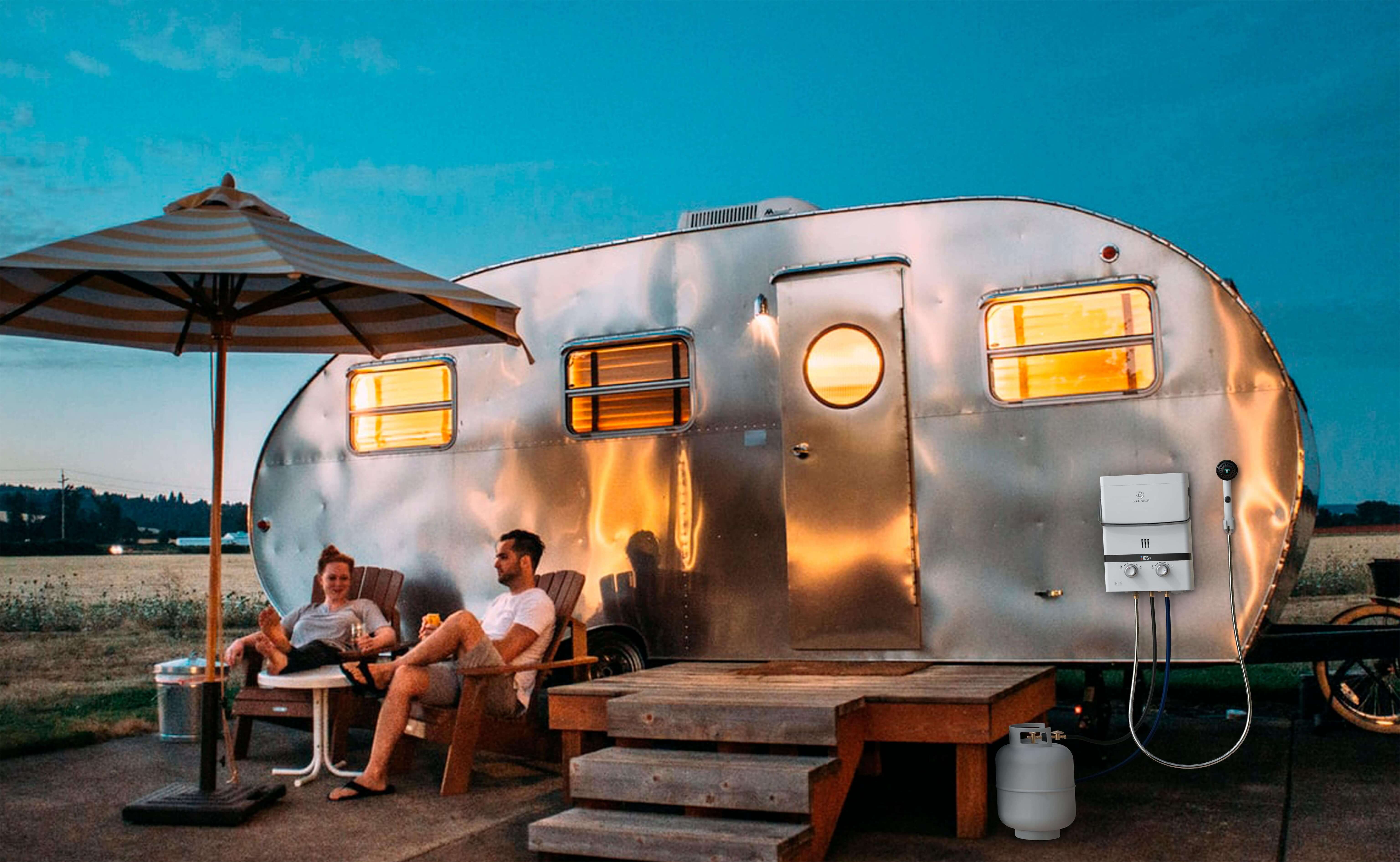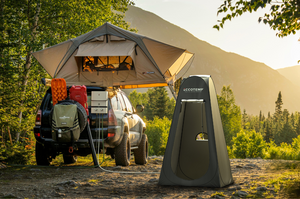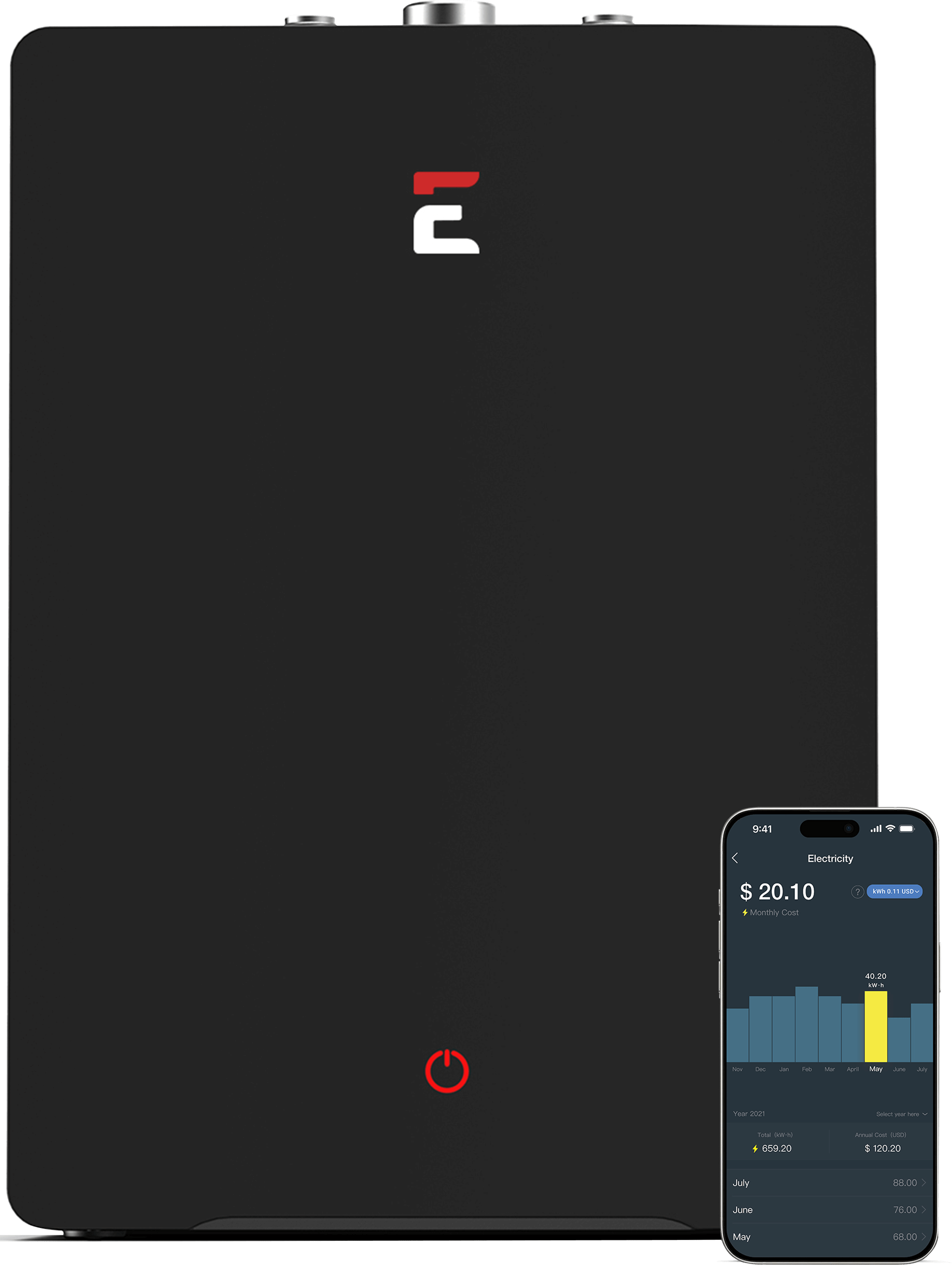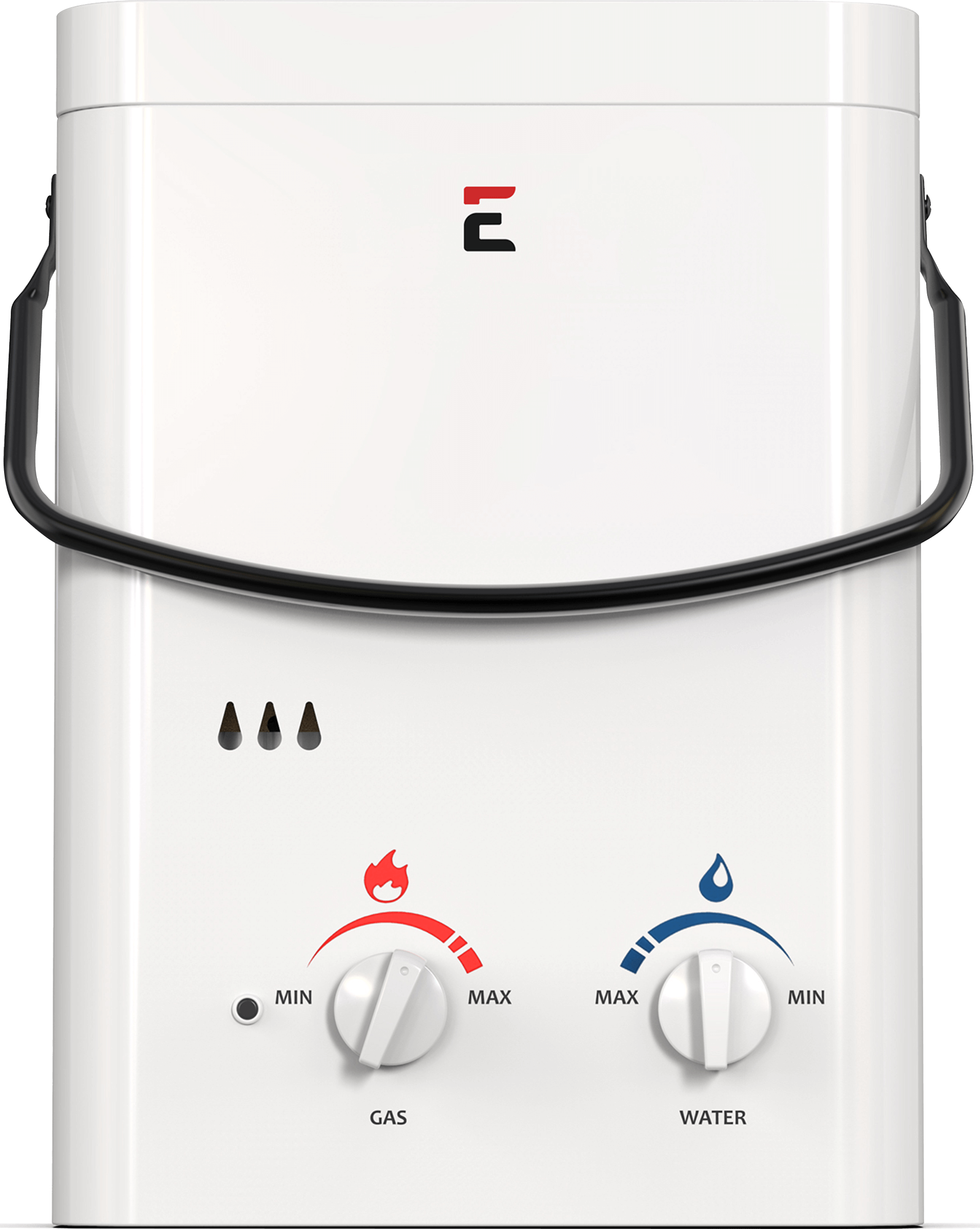How Big is Your Ecological Footprint?
The population on planet earth is always growing, and simultaneously, the natural resources here are slowly depleting. Oxford Dictionary defines an ecological footprint as the impact of a person or community on the environment, expressed as the amount of land required to sustain their use of natural resources. Everyone’s ecological footprint is different based on the lifestyle that they choose to live and resources that they use every day, some may not even know that they are using resources. To ensure that earth remains a beautiful place for us to live, and future generations to come, it is crucial that we preserve our natural resources and reduce out ecological footprints. You may be thinking, why me? Why do I have to change my lifestyle? Looking at the bigger picture will help explain the importance of your lifestyle choices as an individual. Earth’s population is nearing 7.7 billion people. If 25% of people have the mindset that they do not want to change their lifestyle, that is still 1,925,000,000 people, those numbers add up quick!
Reducing your ecological footprint is not as difficult as it may seem. In general, the average home’s energy use accounts for 20% of your ecological footprint, travel makes up 35%, and food accounts for 10%.
Making small changes to your favorite activities is also a good way to reduce your ecological footprint! Camping and other outdoor activities are great ways to preserve and enjoy nature…if you are doing them correctly. Check out the tips listed below to ensure that your camping trip is a positive one for you and the world around you!
1 .Use Reusable items: Refillable water bottles and durable utensils are a great and easy way to reduce your waste while camping! Plastic forks, soda cans, food wrappers, etc. all eventually must be discarded, so try and only bring items that are multi-use on your camping trip!

2.Take out what you take it: This is a rule that all of us were taught from a young age, leave the place better than you found it! Make sure your campsite is clean of all trash or personal items before leaving it for the next campers!\
3.Use firewood at your campsite: I know sometimes it may be easier just to bring your own pre-cut firewood from home for your camping trip, but this can have a large impact on the area around you. When you bring in firewood from a different area, you are also bringing all the organisms and bacteria living on that firewood that is foreign to that area. This can have effects that last longer than your camping trip!

4.Bring a bike: Travel is the highest contributing factor to an average individual’s ecological footprint. On your camping trip, trade that normal car for a bike ride or a walk through the campsite. This can apply to daily life as well. Try walking or biking to work next time instead of riding public transportation.
5.Stay off grid: If you really enjoy camping and the “off-grid” lifestyle that is becoming more and more popular, tiny home life may be for you! Making the transition to a tiny home is a big lifestyle change but can drastically reduce your ecological footprint. Reducing the amount of space that you have to life in means you also must reduce the number of “things” that you own. An average tiny home typically never exceeds 500 square feet (46 m2). This also helps tiny homeowners to maximize their resources. For example, rather than owning a full China set for dining like one might in a traditional sized home, tiny homeowners might own one plate, fork, spoon, etc. per person. There is very little room for luxuries found in a traditional house like a bathtub, dishwasher, or giant flat screen TV’s. This lack of space will significantly reduce the amount of electricity, water, and overall energy that is needed to power your tiny home.
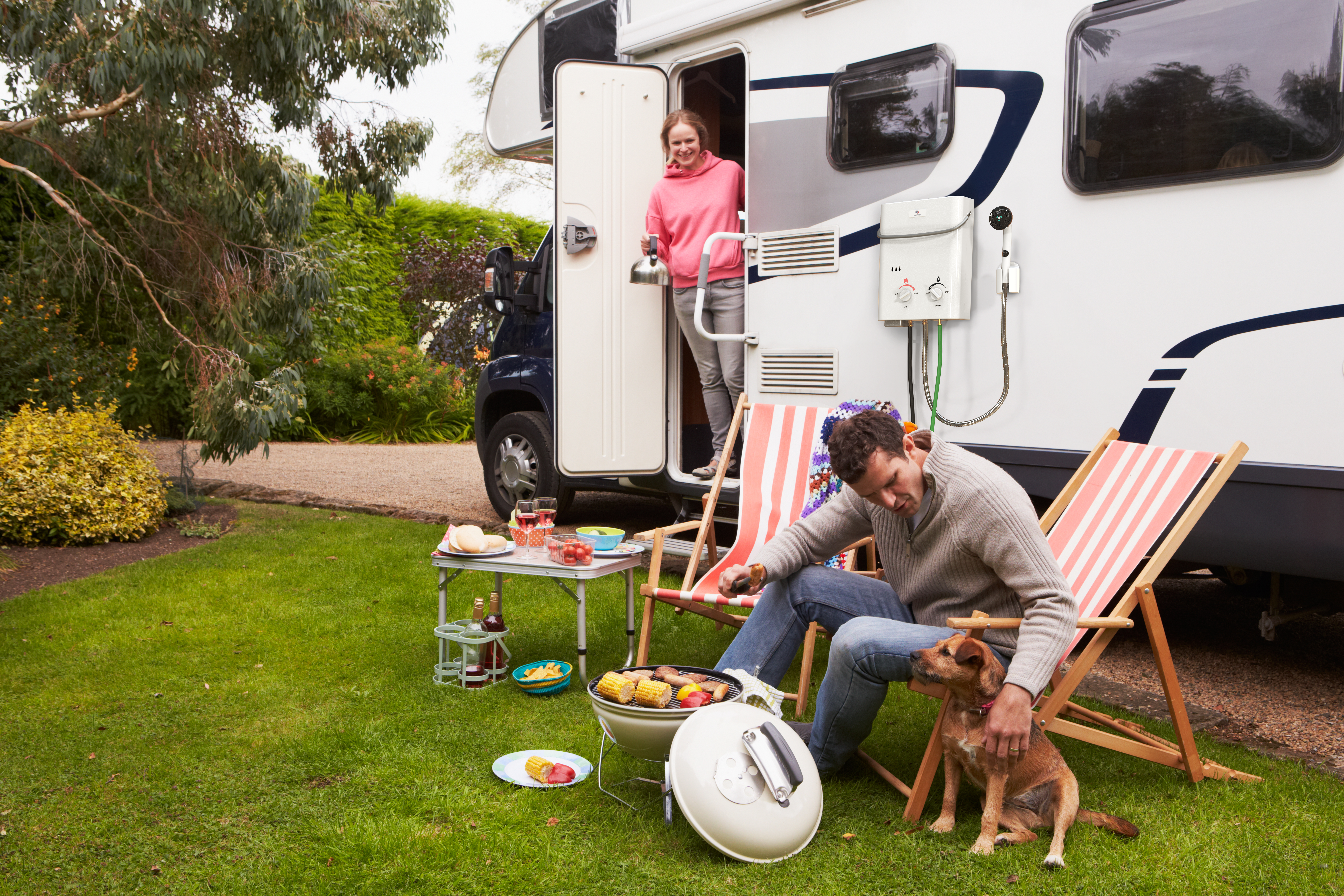
Portable tankless water heaters offer a great solution for tiny homeowners, RV’s, campers, or anyone choosing to make the transition to an off-grid lifestyle. Rather than having a large tank to heat your hot water, the portable tankless water heater provides on demand hot water, with no excess or waste, and increased energy efficiency. Portable tanks move when you move and can be powered with a 20 lb. propane tank. Attach a hose and your instant hot water is wherever you need it!
If you are thinking about making the transition to an off-grid lifestyle, or simply just looking to reduce your ecological footprint in your everyday life, check out the current products on our website https://ca.eccotemp.com/water-heaters/portable/.
 Weekly Deals
Weekly Deals
 Water Heaters
Water Heaters
 Accessories
Accessories
 Installation
Installation
 Parts
Parts
 Protection Plans
Protection Plans

